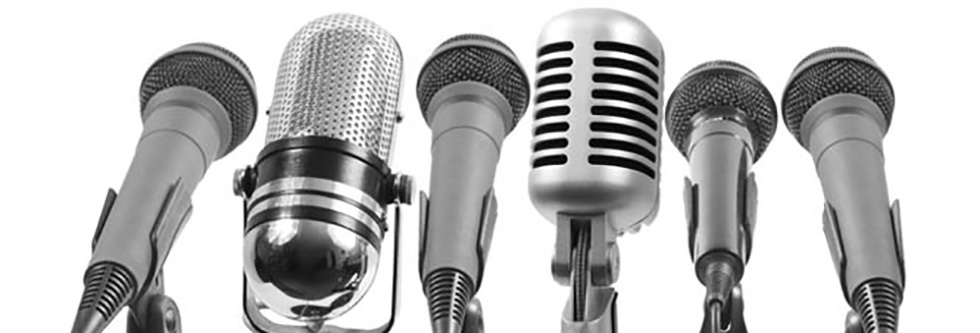In a recent accent reduction session, my client said, “I’m a little confused when I see an /o/ sound; I’m not sure how to pronounce it. For example, are the /o/’s in the words “hot, love, and home” pronounced the same way?” This was an excellent question but the response was not simple. In fact, the letter /o/ has at least ten distinct sounds assigned to it, and it is used in more than thirty different ways. Let’s explore the three most commonly used spellings and pronunciations for the letter /o/.
Open Your Mouth and Say Ah
Most frequently, the /o/ is pronounced as an /ah/, an /uh/ or an actual /o/. If you know the phonetic alphabet, of course, these sounds are written differently. However, to keep this information user-friendly, we will not be using the phonetic symbols. In the first case, when the /o/ is pronounced as an /ah/ your mouth opens vertically and the sound you produce is long. This sound occurs in the following words: on, hot, not, stop, and gone. This sound is actually the one you produce when you go to the doctor and he says: “Open your mouth and say ah.” When /o/ is pronounced as an /uh/ sound, your mouth is open slightly, the back of your tongue is up towards the roof of your mouth near your throat, and the sound is short. This sound occurs in the words : love, mud, some, and oven. Finally, the other pronunciation for the letter /o/ is an actual /o/ sound which you make by protruding your lips forward and prolonging the sound slightly. The words go, no, home, and coat are all pronounced with this /o/.
Look at the groups of sentences below, and assess your accuracy for correct sound production.
Three Main Sounds Of The Letter O
/ah/
1. John is not hot.
2. Molly discovered the plot of the novel in the first chapter.
3. Tom had an operation on Thursday.
4. While jogging, Bob dropped his watch.
/uh/
1. My mother loves fudge.
2. On Monday, my cousin is coming to brunch.
3. I wonder if the food in the oven is done.
4. I won a lovely new brush.
/o/
1. No, I won’t go home.
2. Jody, please open the soap.
3. Your homework is located under your coat.
4. Joe broke a bone when he fell off the boat.
Record Your Voice And Listen To Sounds
As you read these sentences, record yourself and then listen back to see if you can distinguish between the three sounds. There should be a very obvious and clear difference in the way that the sounds are made.
The difficulty is that most non-native speakers substitute these sounds for each other. So, for example, instead of saying NAHT (not) they say NOTE, substituting the /o/ for the /ah/ sounds. In addition, they say LAHVE (love) instead of LUHV because they substitute the /ah/ for the short /uh/. Clearly, learning how to pronounce these vowels correctly is more challenging than when a speaker needs to learn how to make a /th/ sound. This is because the placement for the /th/ sound is easier (tongue between your teeth), and /th/ is also the most consistent sound in the English language. The written /o/, however, is one of the least reliable sounds in English which leads to confusion and mispronunciations. What can a non-native speaker do to try and distinguish between the different pronunciations of the written /o/?
Make List Of Words Divided Into Similar Sounds
There is not an easy solution but you can compile a list of words that contain the letter /o/ and try to divide them into groups of similar sounds. If you are not sure of the pronunciation of the words, you can check the pronunciation in a dictionary. Also, select a person in your immediate environment who you think speaks Standard American English well, and listen to how they pronounce some of the commonly used words that you have placed on your list. Which category do they fall into, the /ah/, the /uh/, or the /o/? Finally, if you are still having difficulty distinguishing between these sounds, as most non-native speakers do, you can work with a Speech Pathologist who specializes in accent reduction. You will learn to hear the differences between these three pronunciations and then learn how to produce them accurately, so that sentences such as “John and Bob had fun on the boat on Monday.” will no longer be a problem!









I really liked your advice to compile a list of words that contain the letter /o/ and try to divide them into groups of similar sounds! I moved to the US more than 10 years ago, and still, I do not get this American English pronunciation. I think that the best solution for me would be to find a professional who specializes in accent reduction so that I could finally sound like an American person!